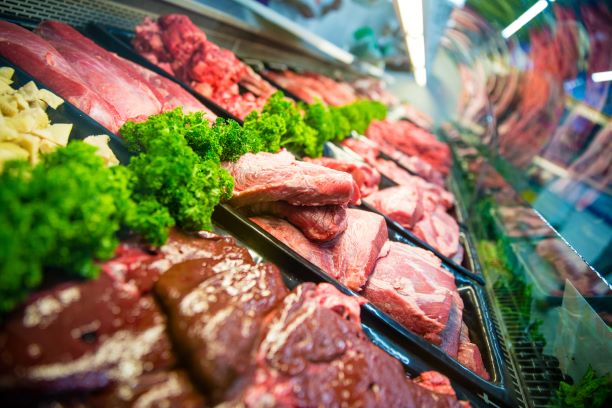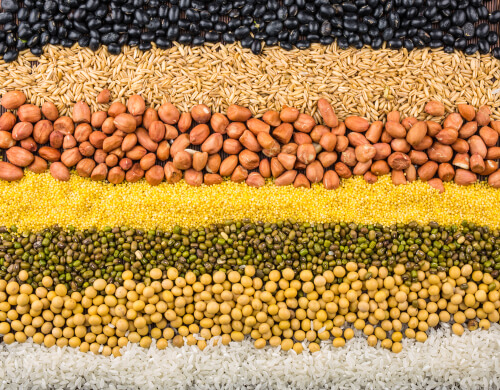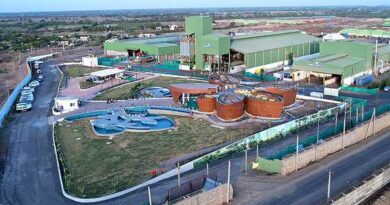Meet The Most Food Sustainable Countries: France Leads while US, UK stumble
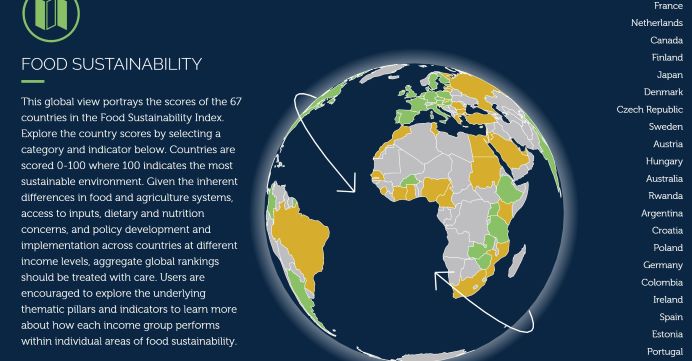
Be it France’s aggressive measures to tackle food wastage or promotion of healthy lifestyle or its push to adopt eco-farming techniques to make wine and bread, or all of these, they have landed France into the top Rank of being the Most Food Sustainable country in the world. A well-known love and respect for food and its origins would have helped too.
“France has been in the vanguard of policies and measures to reduce such losses,” said Martin Koehring, the index’s author.
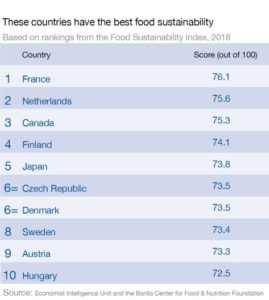
The Netherlands, Canada, Finland and Japan are the top Five on the board with a surprise from African Nation Rwanda, which scored the highest rank among the low-income countries in an index compiled by the Economist Intelligence Unit and the Barilla Centre for Food & Nutrition Foundation.
Other Key Highlights of Food Sustainability Index 2018:
-The 3 top performers in the sustainable agriculture pillar are Austria, Denmark and Israel.
-The 3 top performer in the nutritional challenges pillar are Japan, South Korea and Denmark.
-Ironically China, The US and The UK failed to make its entry into the top 20 of the 67 nation Food Sustainability Index that graded on the Food Waste, Sustainable Agriculture and health and Nutrition.
France had introduced legislation in 2016 requiring supermarkets to redistribute leftover food to charities as part of a set of proposals published in 2015 against food waste.
Every year, consumers in France waste 67.2kg of food per person compared to 95.1kg in the United States, 87.1kg in Belgium and 78.2kg in Canada, Koehring said.
In addition, France is pressing ahead for an Agroecology policy, which its agriculture ministry says “aims to shift agriculture towards the objective of combining economic, environmental and social performance.”
Globally, a third of all food produced is wasted every year, which amounts to a loss of almost $1 trillion, according to the U.N. Food and Agriculture Organization.

Critics say this is not only unethical in a world where hunger levels are rising, but also environmentally destructive. If the population follows the same trajectory, we will need to feed up to 9 billion people by 2050, and the agriculture sector will need to produce about 50% more food. To make feeding possible in the future, we’ll need a coordinated effort that benefits from the wisdom of farmers while engaging with manufacturers, consumers and every part of the food system while also limiting our food wastage in order to become food sustainable.
In the developing world too, food wastage is assuming serious proportions, not just because of cultural issues, but also due to lack of infrastructure like cold storage etc. Even as countries like Pakistan have clamped down by steps like limiting guests to weddings etc, in India too, local level is growing, and we are beginning to see some efforts to control waste. A tropical climate where cooked food becomes unfit for consumption relatively faster does not help, so clearly the efforts have to be made at the preparatory stage only. Besides that, as the cold chain improves from farm to fork, one can hope for a massive improvement in food wastage levels.

